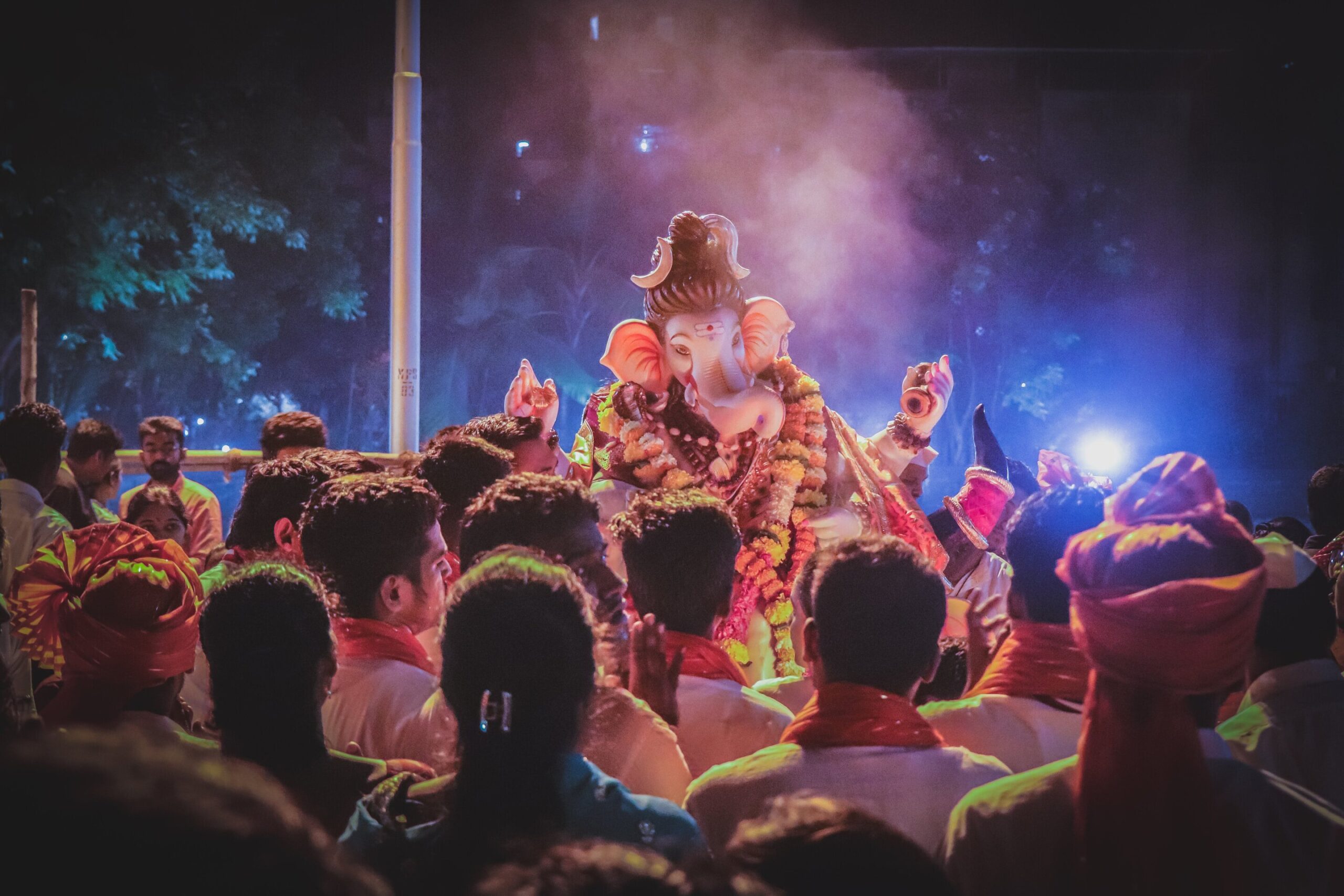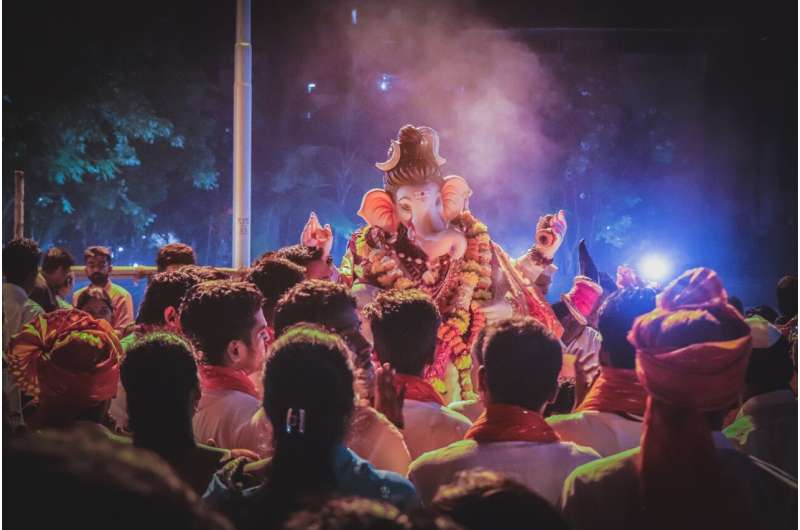

A study of older U.S. South Asians examines relationships between religious service attendance (temple, mosque, etc.), anxiety and feelings of emotional neglect by fellow congregation members. The research finds that among U.S. South Asians, those who attend religious services more often are also more likely to experience higher levels of anxiety. Further, much of this relationship can be attributed to feelings of being ignored or neglected by other members of the congregation.
The study, “Why is Religious Attendance Linked to More Anxiety in U.S. South Asians? The Mediating Role of Congregational Neglect,” is published in the Journal of Racial and Ethnic Health Disparities. It relies on a sample of 936 South Asian adults living in the San Francisco and Chicago areas. The research sheds light on how religion and well-being are associated among U.S. South Asians, an understudied group in the religious landscape.
“Most of the research in this area is on white, predominantly Christian populations,” said Blake Victor Kent, associate professor of sociology at Westmont College. “That literature, which centers on Christian congregations with regular Sunday attendance patterns, shows that attendance is often linked with lower anxiety. But that may not hold among South Asians.”
For the analysis, religious service attendance was measured from “never” to “several times a week,” while anxiety was assessed using the Spielberger trait anxiety scale. Neglect was measured by asking a question: “How often do you feel ignored or neglected by people in your congregation or religious community?” with answers categorized as never vs. once in a while or more.
“We found that more attendance means more anxiety, and we wanted to understand what is driving that,” Kent said. “Usually religious communities are linked to positive outcomes, and we think it’s important to understand what’s going on in the South Asian community.”
The authors note several differences between majority-white Christian and South Asian religious communities that could explain the finding. “First, there is no expectation of weekly temple attendance in Hinduism, as in the Christian community,” noted lead author Samuel Stroope, professor of sociology at Louisiana State University. “And motivation for attendance may also differ. It could be about fulfilling family obligations or preserving ethnic identity.”
The researchers, who include Alka M. Kanaya (University of San Francisco), Anna B. Schachter (Harvard University), and Alexandra E. Shields (Harvard University), note that previous research on religious congregations shows that negative religious interactions and stressful congregational experiences can have damaging effects on mental health. “In India, 32% of adults report that being religious is about culture and ancestry, not religious conviction per se,” Kent said. “This approach to religion may give us clues about what’s happening in South Asians here. It may set some people up for negative interactions when others question their motives.”
Further, different sectarian and regional groups often share worship facilities in the U.S. due to limited space. “That means religious sites can be characterized by interaction between dominant and non-dominant groups, which could lead to negative interactions,” Stroope said.
Armed with this knowledge, the researchers suggest religious leaders can take proactive steps to safeguard attendees in their places of worship. One is to actively seek input from those more likely to experience neglect. Another is to intentionally regard regional, linguistic and sectarian diversity. “Religious participation is associated with many goods, from having a place to belong to boosts in mental and physical health,” Kent said. “When negative outcomes and patterns are identified, hopefully that knowledge can lead to corrections for more productive and life-giving interactions.”
More information:
Samuel Stroope et al, Why Is Religious Attendance Linked to More Anxiety in U.S. South Asians? The Mediating Role of Congregational Neglect, Journal of Racial and Ethnic Health Disparities (2023). DOI: 10.1007/s40615-023-01764-6
Provided by
Westmont College
Citation:
Why is religious attendance linked to more anxiety in US South Asians? (2023, December 4)
retrieved 4 December 2023
from https://phys.org/news/2023-12-religious-linked-anxiety-south-asians.html
This document is subject to copyright. Apart from any fair dealing for the purpose of private study or research, no
part may be reproduced without the written permission. The content is provided for information purposes only.





